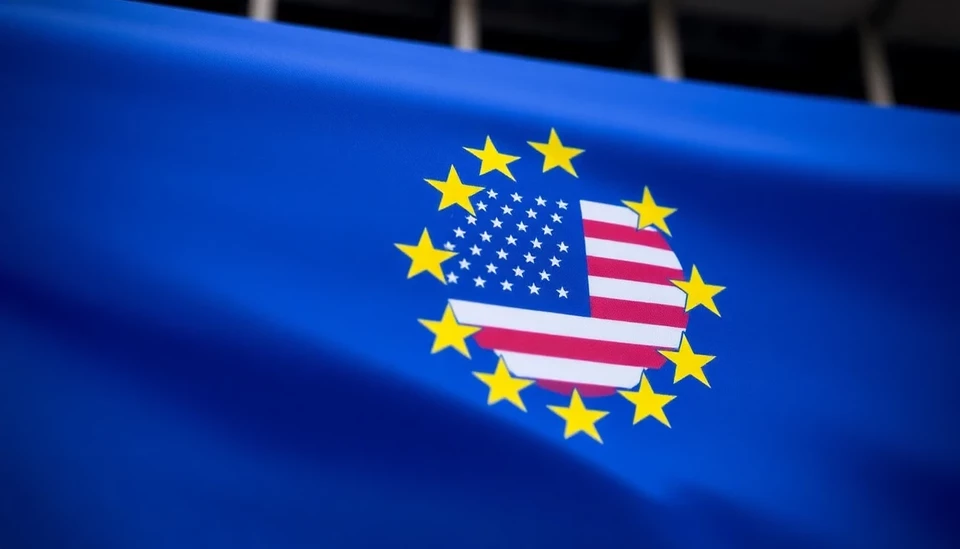
In a significant escalation of transatlantic trade tensions, the European Union has issued a stern warning to the United States, indicating that it will respond decisively if the Biden administration moves forward with proposed tariffs on EU goods. This announcement comes amidst ongoing discussions in Washington regarding the potential implementation of tariffs on various imports, including European-made vehicles and other essential products.
European Commission President Ursula von der Leyen articulated the EU’s position during a recent address, emphasizing that while the EU remains open to dialogue, any imposition of tariffs would not go unanswered. She stated, “We will not sit idly by while our industries face unfair competition. If there are tariffs imposed, we will respond in kind.” This firm stance underscores the EU's commitment to protecting its market and interests from what it perceives as a threat from US trade policies.
The backdrop to this trade altercation is a broader context of economic recovery and geopolitical maneuvering. Both the US and EU are concurrently grappling with high inflation rates and strained supply chains, making the stakes even higher as they navigate these complex economic waters.
Reports in Washington suggest that the Biden administration is considering tariffs as a means to alleviate domestic pressures, particularly in industries affected by foreign competition. However, analysts warn that such a move could provoke a trade war reminiscent of the escalations seen under former President Trump, who imposed tariffs on a variety of goods from China and the EU, leading to reciprocal actions that affected many businesses and consumers.
The EU's potential measures could include levies on US products like agricultural goods, machinery, and other key exports, an approach that could hinder the recovery of various sectors within the US economy. The transatlantic relationship is already facing challenges, and tariffs could deepen rifts, complicating cooperation on shared issues such as climate change, security, and technology regulation.
As both sides prepare for possible confrontations, businesses and industry leaders are expressing concerns about the uncertainty tariffs bring. The automobile sector in particular has been a focal point, with European manufacturers warning that new tariffs would stifle production and lead to job losses, ultimately harming consumers both in Europe and the US.
As of now, diplomatic channels remain open, and discussions are ongoing in an attempt to find a mutually agreeable solution. However, the situation remains fluid, and stakeholders on both sides are bracing for potential repercussions as the Biden administration weighs its options.
The EU's warning serves as a reminder that trade relations are fragile and require careful negotiation to avoid escalating conflicts that could negatively affect not only the economies involved but also global trade dynamics.
As the situation develops, broader implications for economic policy and international relations will continue to unfold, potentially affecting millions on both sides of the Atlantic.
#EU #USTariffs #TradeRelations #Retaliation #Economy #BidenAdministration #UrsulaVonDerLeyen #TransatlanticTrade
Author: Rachel Greene




